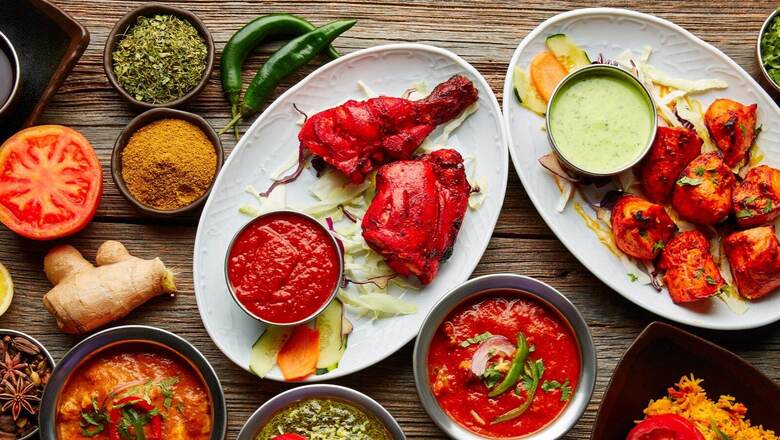As per ancient Indian wisdom, food is hailed as nectar, and wastage of food is considered a sin. It further teaches that we should always eat a little less than what fills our stomachs. In other words, we should eat less than our appetite. We should fill 50% of our stomachs with solid food, 25% with fluids and the rest should be kept empty.
Do you know that one-third of all food globally goes to waste? That’s enough to feed 3 billion people! If food waste were a country it would be the third-largest greenhouse gas emitter on the planet! If we all stop wasting edible food, it would be the equivalent of taking one in four cars off the road. As per one data, the average person in India wastes 137 grams of food every single day. That’s 0.96 kg per week or 50 kg per year. In India, 40% of the food is wasted which is equivalent to Rs 92,000 crores a year.
So, stopping the wastage of food is one single step that can make our country and planet a better place to live. It is a very easy habit that needs a small tweaking of our existing habits of how we consume and store our food.
How Stopping Food-waste helps the Planet
Reducing food waste helps reduce pressure on planet earth and its resources. It reduces your environmental and carbon footprint. At the individual level, it helps you to be healthy, fit and disease-free.It helps in conserving natural resources. When food is wasted, the natural resources, as well as physical resources applied to prepare the food for eating, are wasted as well. For example, if you waste food equivalent to one meal, its impacts on land, air, water and other human inputs like producing, processing, transporting, energy, storing, and disposing the food are wasted as well.It helps you save money as a substantial portion of the household budget goes into procuring food items.It helps reduction in greenhouse gases since food waste is one of the reasons for methane gas which is a major component of greenhouse gases. Food is the single-largest category of material placed in municipal landfills and the third-largest source of human-related methane emissions. As per one estimate, more than 85 percent of GHG emissions from land-filled food waste result from activities prior to food entering a landfill.How to Develop a Habit of Reducing Your Food Waste
Check your serving portion while planning the meal, cooking the meal and also while serving the meal. Cook or eat what you already have at home before buying more. Let the first food items be consumed first.Be a conscious shopper. You should shop your food items sensibly. Plan your menu before you go shopping and buy only those things on your menu. Buying in bulk only saves money but many times this is not the case with food items as they spoil very fast. Never get trapped by offers like buy-one-get-one-free deals for food items. It can only save money if you use all the food before it spoils. Ideally, you should not buy food items for more than a week.Be aware of how to store the food items. If you buy food in bulk, remember to store food properly in airtight, safe and labeled containers. Always try to buy seasonal food items. Eating seasonal food items is always good for your health and well-being.When you go to eat out, order only what you can finish. Do ask about the portion sizes and be aware of side dishes included with entrees. Take home the leftovers and keep them for your next meal.Check out your refrigerator first. Freeze and preserve surplus fruits and vegetables – especially abundant seasonal produce.It is advisable not to leave perishable food items at room temperature for more than two hours.Before buying food items, you should check the dates like ‘use-by, ‘best-by, and expiration dates.Storing food properly helps increase the shelf life of the food and reduces food waste. You can store your dry-fruit items in the refrigerator.One of the best ways to save food as well as reuse food waste is composting. It is better to compost food scraps rather than throwing them away.Unused, nutritious, safe, and untouched food can be donated to food banks to help those in need.You can save yourself and your planet by stopping food waste.
Geetanjali Mehra is an interior designer by profession. She has co-authored the book, ‘Gift Lungs to Future Generations.’ The views expressed in this article are those of the author and do not represent the stand of this publication.
Read all the Latest Opinion News and Breaking News here



















Comments
0 comment